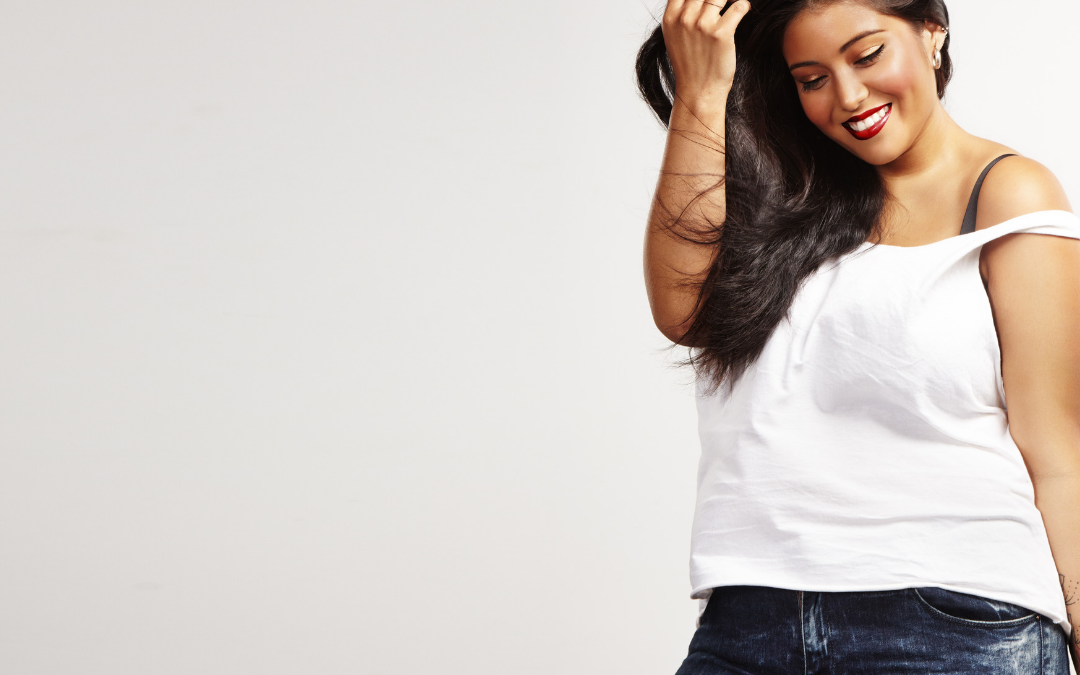There is a lot of struggle with postpartum bodies. They often don’t feel like your own. Your breasts are different (and possibly have a baby or pump attached to them). Often you hips are wider. Maybe your feet have even grown.
And then there is the belly area- the “mummy tummy.” It feels poochy, and squishy. And there’s so much loose skin.
You look in the mirror, assessing yourself. Wondering why you don’t look like you expect to? You were active before. Fit even. And by God, you’re breastfeeding! Everyone said if you just ate right and breastfed, you’d snapback.
Instead, you still look pregnant. And now you find yourself pinching skin and fluff on your lower abdomen, and judging your pooch.
First things first- as a postpartum doula, a woman and a person who wants you to be well: please stop judging your postpartum body.
It is beautiful. You made at least one human being in there. You’re a fucking goddess. Seriously.
I also know that body positivity means nothing if it’s empty words, shushing your truest feelings and thoughts.
Have you considered that the extra squishiness you’re feeling could actually be due to a physical byproduct of pregnancy called diastasis recti?
Diastasis recti, in which your large abdominal muscles- the ones that give some folks a six-pack- spread abnormally far apart. Clinically, anything more than two centimeters is considered abnormal and could be diastasis recti (or a hernia).

During pregnancy, as your baby grows, everything moves out of her way. This includes our abdominal muscles, which can lengthen and separate. Some estimates say that up to two-thirds of pregnant women have it, and it is more likely if your baby is of a higher birth weight, you’re over 35, or you’ve had multiple pregnancies.
So yea, diastasis recti is pretty common. It’s probably responsible for lots of pooches being pinched.
And you don’t need to feel vain for fretting over it. Diastasis can cause issues that aren’t aesthetic, including urine leaking and lower back pain. Think about how many women accept that a sprinkle when they laugh is the price of motherhood, and you’ll have an idea of how widespread this is.
Here’s the good news- diastasis recti, damp undies, and a troublesome “mummy tummy” does not have to be your destiny.
We’ve seen two things work for our postpartum doula clients:
Birthing parents should visit a pelvic floor therapist.
In France, this form of postpartum recovery is standard. And while we see it sometimes recommended to clients who have episiotomies or tears in their perineum during delivery, we believe that the French do this right.
A pelvic floor therapist can address issues that lead to incontinence, painful penetration and sex, and issues that won’t develop for years. Better than a blanket recommendation to do kegels after birth, a trained professional can ensure that you’re addressing whatever concerns are particular to your body.
And a pelvic floor therapist is an excellent start to diagnosing and forming a treatment plan for diastasis recti. (In the DC metro area? Reach out to us about a recommendation.)
If you’re feeling generally okay, but looking for a do-it-yourself approach to healing, that has some scientific backing, there’s an app that can help heal diastasis recti as well.
The Every Mother app (and program) is available from pregnancy, through early postpartum and beyond, and claims to be the “only program scientifically proven to resolve diastasis recti”.
From our perspective, the initial study which made headlines was small but promising, and we’ll be following the science as it develops. Diastasis is so widespread and there’s so little information on effectively treating it, that this app could make healing much more effective for many new parents. We currently have a couple of clients using the “Reclaim” portion of the program, which is for early postpartum and aimed at healing diastasis.
Regardless of what path you take to healing, please, be kind to your body, even your postpartum pooch, or “mummy tummy”.
Whether you have diastasis recti, or just a little more to love, judging your body won’t change it. And you’re beautiful as is.
Still have some questions? Schedule a call.


